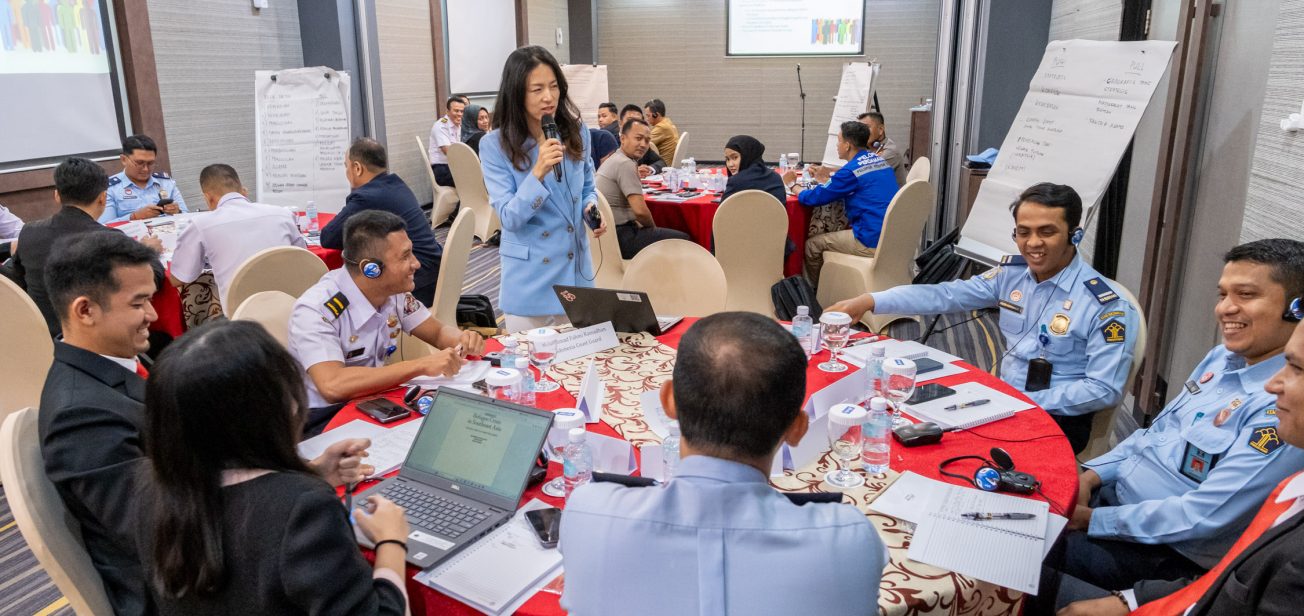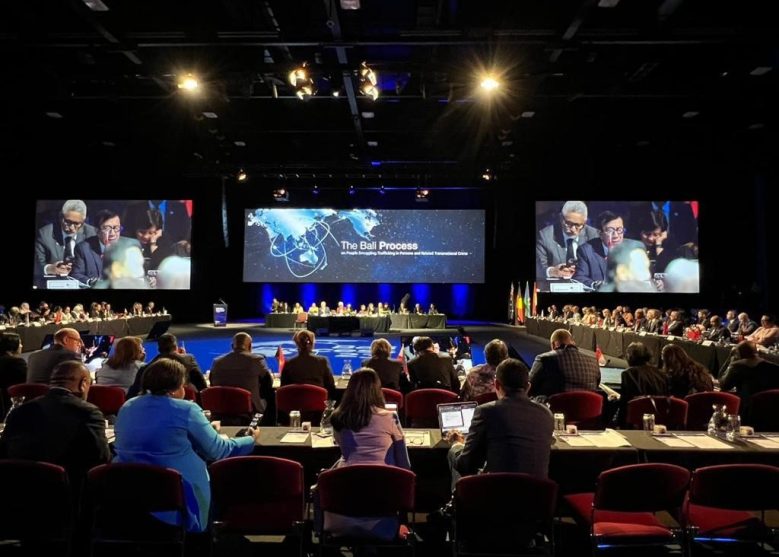Bali Process Government and Business Forum
The Bali Process Government and Business Forum (GABF) provides a strategic platform for collaboration between the private sector and Bali Process Member States to address forced labour and human trafficking challenges, bringing together influential business leaders and ministers from across the Bali Process membership.
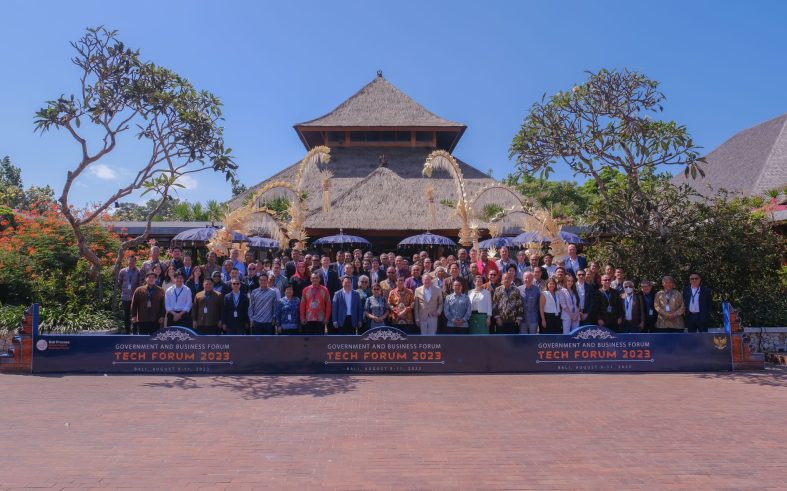
Coordination of the Bali Process
The Bali Process is co-chaired by the Ministers for Foreign Affairs for Australia and Indonesia. The Australian Department of Foreign Affairs and Trade (DFAT), and the Indonesian Ministry of Foreign Affairs (KEMLU) are responsible for coordination of Bali Process Official Meetings, under the leadership of the Bali Process Senior Official Co-Chairs.
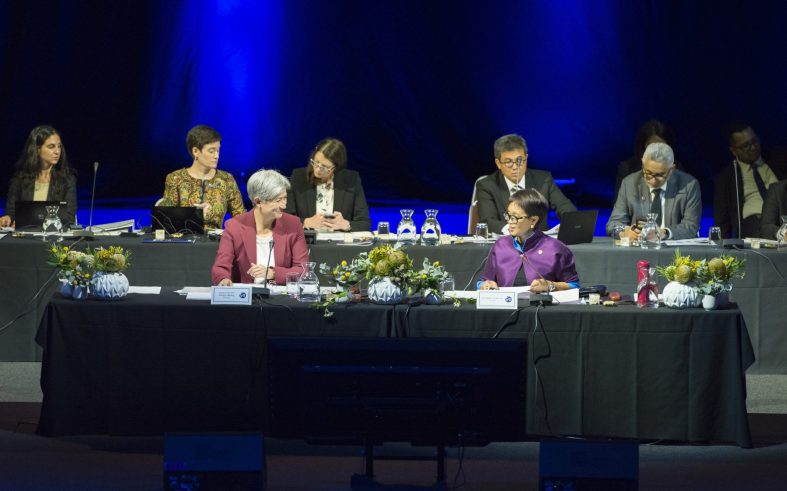
The Bali Process membership
The Bali Process brings together 45 Member States, covering a wide geography ranging across the Asia Pacific, and reaching across to Europe and North America. The 4 Bali Process Member Organisations are the UN Refugee Agency (UNHCR), the International Organization for Migration (IOM), the United Nations Office of Drugs and Crime (UNODC) and the International Labour Organization (ILO). In addition, the Bali Process brings together 18 Observer States and 9 Observer Organsiations.
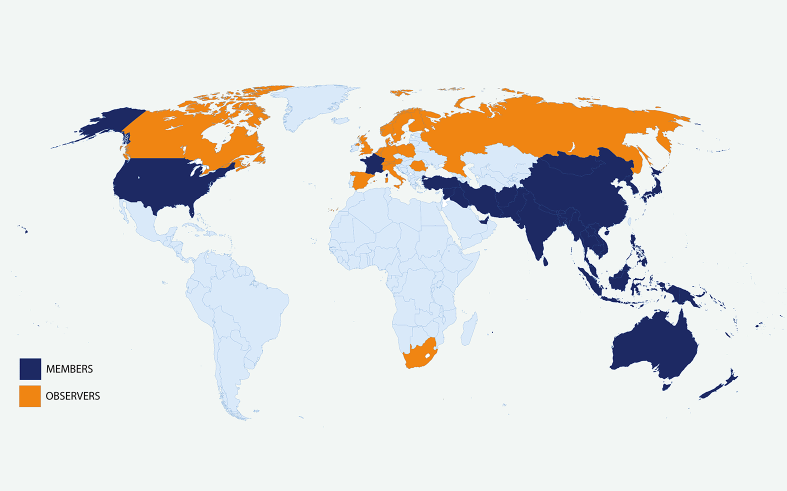








































































The RSO provides a unique function and resource – delivering practical and technical support to Bali Process Members, and to the Bali Process Working Groups, to address people smuggling, trafficking in persons, and related transnational crime.
